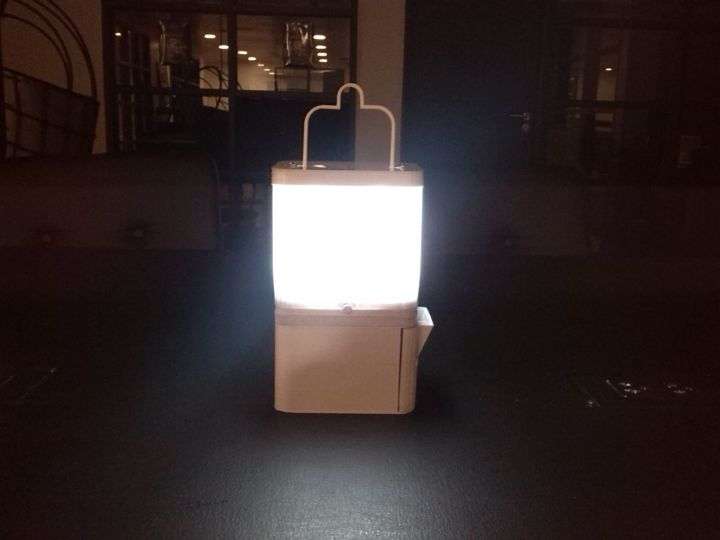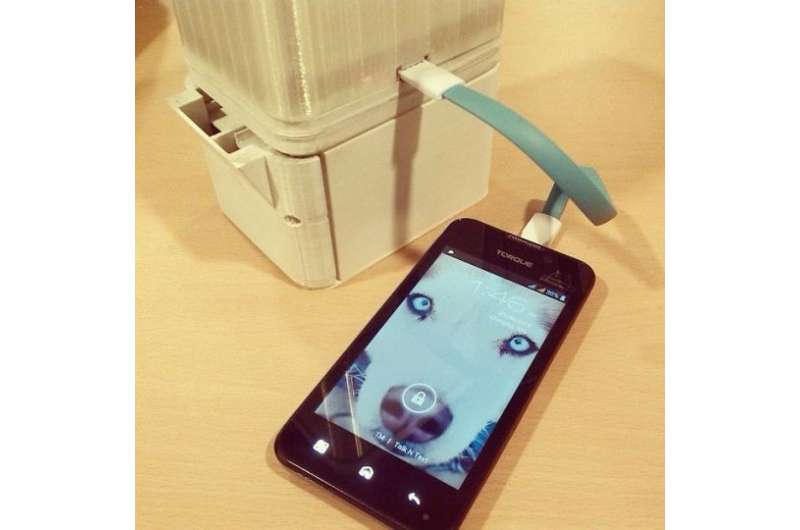A startup team calls their work a product. They also call it a social movement. Many people in the over-7,000 islands in the Philippines lack access to electricity .The startup would like to make a difference. Their main ingredient is salt.
Their product is a lamp that takes two tablespoons of salt and a glass of water in order to work. This is from the Sustainable Alternative Lighting, or SALt Corp. This is a startup focused on delivering a cost effective, environmentally safe lamp that runs on salt water.
Their lamp could be an alternative to kerosene/battery powered lamps and candles as a main source of lighting. They said use of the SALt lamp for eight hours a day every day delivers an anode lifespan of six months and used just as an alternative light source will prolong the life of the anode for more than a year.
The lamp "uses the science behind the Galvanic cell, the basis for battery-making," they said, in changing electrolytes to a saline solution—an approach that is nontoxic, and avoids the tragic incidents of fires that are caused by candles and tipped-over lamps.
For people living along coastlines, even running up the cost of salt would not be a problem. They could store ocean water in bottles and use them to power the lamp. The salinity of ocean-water can operate the lamp. They said it would give eight hours of running-time. "Salinity is expressed by the amount of salt found in 1,000 grams of water. The average ocean salinity is 35 parts per thousand."
Aisa Mijeno is co-founder and CEO, She is a faculty member of engineering at De La Salle University. Raphael Mijeno is co-founder and chief financial officer. Joefrey Frias, a mechanical design engineer, serves as chief operating officer.
They have not yet announced a price for this lamp; their site said they are still doing a cost analysis. They are taking pre-orders online. They aim to get the lamp out by the end of the year or early next year. They said their "priority is to build lamps for our target communities and for the communities of the NGOs and foundations who will partner with us."
In a May interview, Aisa Mijeno said in Asian Scientist Magazine that "I am proud of this research because it is not just a result of tedious experiments but also a product of life experiences," she said, of living among people in the mountains with nothing more than sun and fuel-based lamps as their main source of lighting.
In an interview with Core77, Mijeno said that "there are so many remarkable and creative people in rural Philippines. Their resilience, no matter their condition in life, motivates me to overcome all hurdles. We just need to give these people the chance at life through education by providing them the basic things: the means to provide food to their family, clean water and light."
More information: www.salt.ph/
© 2015 Tech Xplore
























